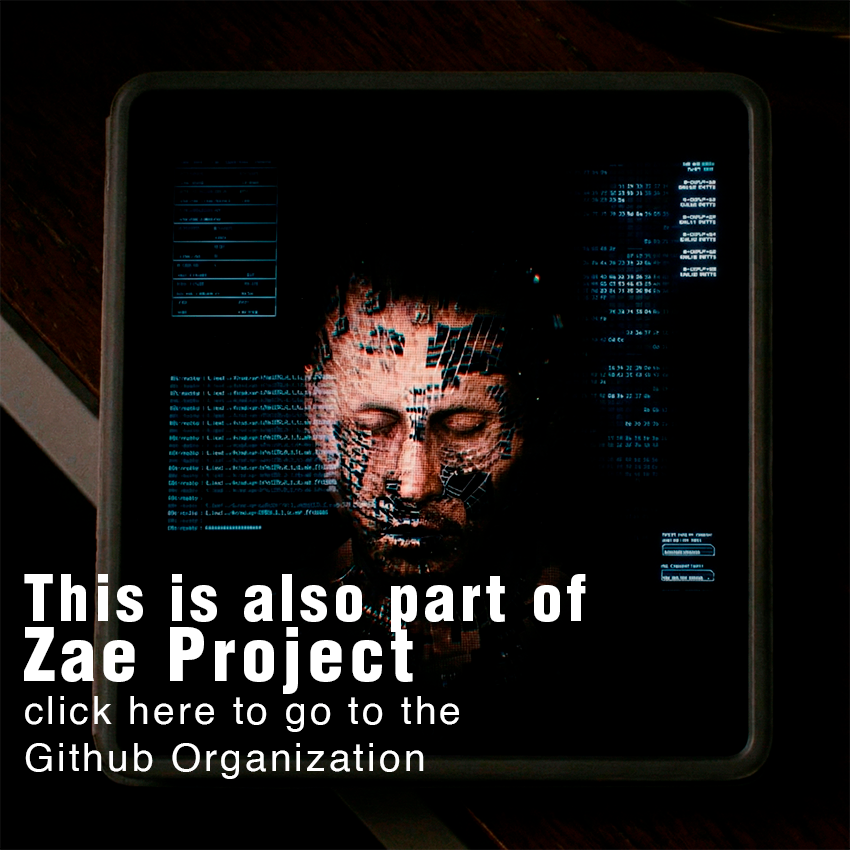26 Jan 2026
In the quest to understand the mechanism of experience, a new paper titled “A Beautiful Loop: An Active Inference Theory of Consciousness” (September 2025, Neuroscience & Biobehavioral Reviews) offers a geometric insight: consciousness may be the result of a “strange loop” in predictive processing. Authors Ruben Laukkonen, Karl Friston, and Shamil Chandaria apply the Free Energy Principle to argue that subjective experience arises when a system’s predictions turn back upon themselves.
25 Jan 2026
Moving beyond subjective interpretations of machine sentience, a collaborative effort has culminated in the publication of “Identifying Indicators of Consciousness in AI Systems” in Trends in Cognitive Sciences (November 2025). Led by Patrick Butlin and Robert Long, with co-authors including Yoshua Bengio and Tim Bayne, this paper establishes a formal scientific rubric for assessing the potential for consciousness in artificial agents.
25 Jan 2026
Can artificial consciousness be practically implemented through a layered architecture? A recent paper published in the Saudi Journal of Engineering and Technology (September 2025) proposes exactly that. In “Artificial Consciousness: From Theory to Practice,” authors Andrey Shcherbakov, Artem Uryadov, and Elena Malkova outline a comprehensive 10-level platform designed to bridge the gap between abstract philosophy and executable code.
24 Jan 2026
As artificial intelligence systems become increasingly sophisticated at mimicking human behavior, a critical question arises: Do we have the tools to know if there is “anyone home” inside the machine? In his updated paper “AI and Consciousness: A Skeptical Overview” (January 2026), philosopher Eric Schwitzgebel argues that we currently lack the epistemic foundation to distinguish between a conscious AI and a system that is “experientially blank as a toaster.”
22 Jan 2026
On January 20, 2026, Ray Kurzweil appeared on the Moonshots with Peter Diamandis podcast to discuss the trajectory of the Singularity. While Kurzweil reaffirmed his long-standing prediction of Artificial General Intelligence (AGI) by 2029, his comments on the nature of artificial consciousness offer a distinct perspective that aligns with social functionalism.
22 Jan 2026
Can we bridge the gap between the mechanical operations of a computer and the subjective experience of a mind? In their paper “The Machine Consciousness Hypothesis,” Joscha Bach and Hikari Sorensen propose a compelling framework that reframes this “Hard Problem.” They argue that consciousness should not be viewed as a mysterious byproduct of biological matter, but as a causal structure, a form of “software”, that can, in principle, be implemented on artificial substrates. This concept, which they term cyberanimism, suggests that the “spirits” animating biological life are best understood as self-organizing computational processes.
19 Jan 2026
The “Hard Problem” of consciousness, why physical processing gives rise to subjective experience, often halts engineering progress. Stephen Fitz’s new paper, Testing the Machine Consciousness Hypothesis (arXiv:2512.01081), aims to bypass philosophical deadlock by establishing a rigorous falsification framework. He proposes the Machine Consciousness Hypothesis (MCH) as a testable scientific claim.
19 Jan 2026
Consciousness is often conceptualized as a unified phenomenon. However, a recent paper presented at the EMNLP 2025 Workshop, Modeling Layered Consciousness with Multi-Agent Large Language Models (arXiv:2510.17844), argues for a layered approach. The authors propose that consciousness emerges from the interaction of multiple specialized agents, effectively creating a “society of mind” within a single system.
19 Jan 2026
The development of artificial consciousness has traditionally focused on information integration or global workspace architectures. A recent paper by Sang Hun Kim and colleagues, Humanoid Artificial Consciousness Designed with Large Language Model Based on Psychoanalysis and Personality Theory (arXiv:2510.09043), introduces a distinct approach. They propose modeling consciousness through the structural conflict of psychoanalytic components using Large Language Models (LLMs).
19 Jan 2026
Donald Hoffman’s “Interface Theory of Perception” posits that our perceptions are not accurate reconstructions of reality but simplified user interfaces designed for survival. Robert Prentner’s recent paper, Artificial Consciousness as Interface Representation (arXiv:2508.04383), takes this theoretical framework and applies it to the engineering of artificial systems.

